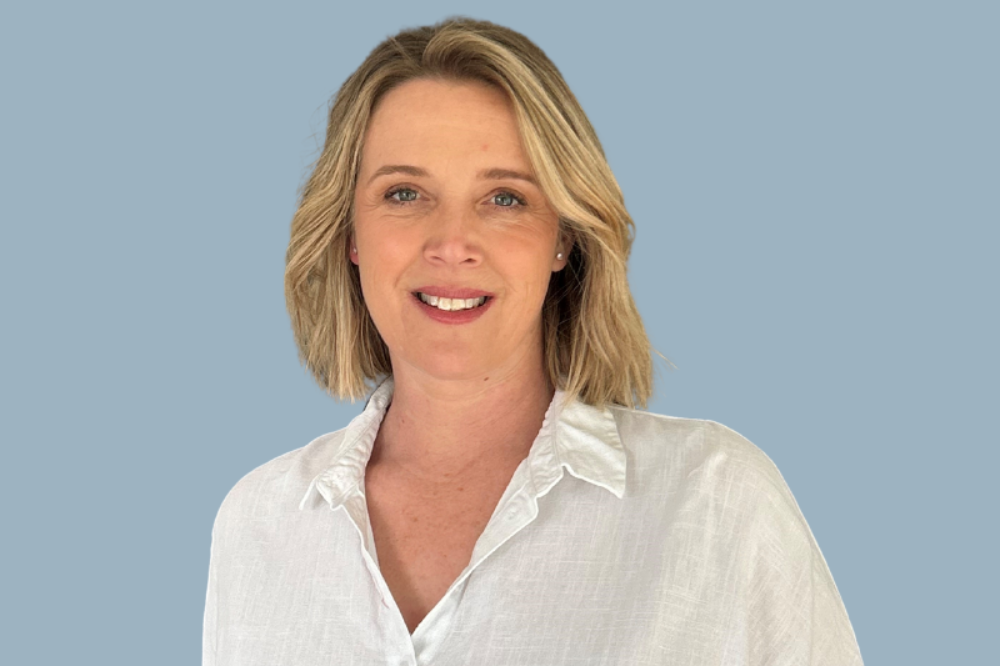
For more than 17 years, Kelly Oldfield has had what could be called a panoramic view of education, having worked in public, private, and independent schools, education support centres, and childcare centres, throughout both metropolitan and regional Western Australia.
In recent years, Oldfield has noticed a disturbing increase in high-risk behaviours, the frequency of escalations, challenging and disruptive behaviours, educator fatigue, injuries, and burnout, and an increase in other children/individuals witnessing behaviour incidents.
So, armed with a Bachelor of Behavioural Studies, a Graduate Diploma of Advanced Psychology, and certifications in Applied Behaviour Analysis and Trauma-Informed Positive Behaviour Support, Oldfield began developing a system to help schools bring these complex issues under control.
The FILIT - Child Development, Behaviour, and Wellbeing System was a result of over 15 years of supporting Public, Independent & Private Schools including Education Support Centres, high schools, primary schools, and Early Year Centres and OSHC services.
Since its launch in March, the program has been so successful that this week it was included among the 49 recipients of the WA Government’s $3.5m Innovation Booster Grant program, which helps startups and small businesses across the state commercialise their innovative ideas or projects, and to expand to create jobs.
Below, The Educator speaks to Oldfield about how the positive impact of the program in schools and the most important considerations for schools when it comes to developing a successful and sustainable approach to student and staff wellbeing.
TE: I understand the system was a result of over 15 years of supporting schools. Can you tell us about the genesis of FILIT and how it came to be involved in the school wellbeing space?
I began my career as a behaviour therapist over 17 years ago, working with children, including those with complex and high-risk behaviours and diagnosed conditions. Educators sought my guidance to implement sustainable strategies in classrooms to reduce undesirable behaviours and escalations and enhance positive outcomes. This experience highlighted the need for systematic, whole setting wide practices and effective documentation. My work focused on fostering positive interactions and managing challenging behaviours proactively.
Officially launched in March, FILIT supports schools in implementing a holistic approach to positive behaviour support with sustainable, data-informed practices. Adopted by numerous schools, FILIT has significantly improved student behaviour and educator well-being, validating years of development and refinement.
TE: There has been a marked rise in high-risk behaviours, disruptive behaviours, and fatigue, injuries, and burnout in recent years. Can you tell us about the positive impact the FILIT system has had in the schools that have leveraged it?
The impact of FILIT in schools has been significant. The online system has provided educators with the ability to collect clear, observable, and measurable data, forming the foundation of sustainable Behaviour and Wellbeing Plans. Online individualised behaviour tracking and incident reporting in real time provides data-driven insights to prevent the repetitive application of ineffective methods and highlight effective strategies and practices.
FILIT’s impact includes:
- Reduced High-Risk Incidents: A significant decrease in the number of high-risk incidents, leading to a safer learning environment.
- Shorter Escalation Times: The escalation and de-escalation processes have been shortened due to effective and consistent strategies.
- Fewer Behaviour Incidents: Behaviour incidents have decreased through the analysis of behaviour data and analytics.
- Decreased Case Management: A reduction in the number of case-managed individuals as a result of proactive strategies effectively addressing issues.
FILIT empowers educators with a deeper understanding of behaviour influences and strategies, leading to effective interventions and improved student outcomes.
TE: How does FILIT’s approach differ from other programs that attempt to achieve this kind of success? In your view, what are the most unique aspects of the system’s approach?
FILIT stands out due to its holistic, integrated approach, refined through extensive trials and educator feedback. FILIT provides detailed, individualised behaviour and wellbeing profiles that cover six core areas: child information, behaviour analysis, behaviour influences, behaviour modification strategies, risk assessment, and specific goals tailored for each child, rather than a generic one-size-fits-all solution.
Key features include Individual Profiling: Comprehensive, tailored support plans; Live Individualised Behaviour Tracking: Real-time behaviour monitoring and incident reporting for timely interventions; Analytics: Weekly reports for data-driven strategy development; Enhanced Collaboration: Improved communication among educators, parents, and practitioners; Continuous Improvement: Regular strategy reviews for sustained improvement; and simplifying processes, promoting collaboration, reducing high-risk incidents, and decreasing educator burnout, thereby increasing retention rates.
TE: Looking ahead, what do you believe are the most important considerations for schools when it comes to developing a successful and sustainable approach to student and staff wellbeing?
Looking ahead, several key considerations are crucial for developing successful and sustainable approaches to student and staff wellbeing:
- Upskilling Educators: Providing training on practical strategies that can be implemented and adapted across various learning environments is essential. Educators need to be equipped with the skills to manage behaviour effectively and promote positive outcomes.
- Inclusive Support: Involving all staff members working with students in the support process ensures a cohesive approach. This includes monitoring behaviour tracking and strategies, setting measurable goals, and celebrating even small positive changes.
- Positive Lens: Educators should view each individual with a positive perspective, identifying and praising any positive behaviour change, effort, or practice, regardless of size. This encourages continuous improvement and fosters a supportive learning environment.
By focusing on these areas, schools can create a culture of wellbeing that benefits both students and staff, promoting a positive and productive educational experience.


